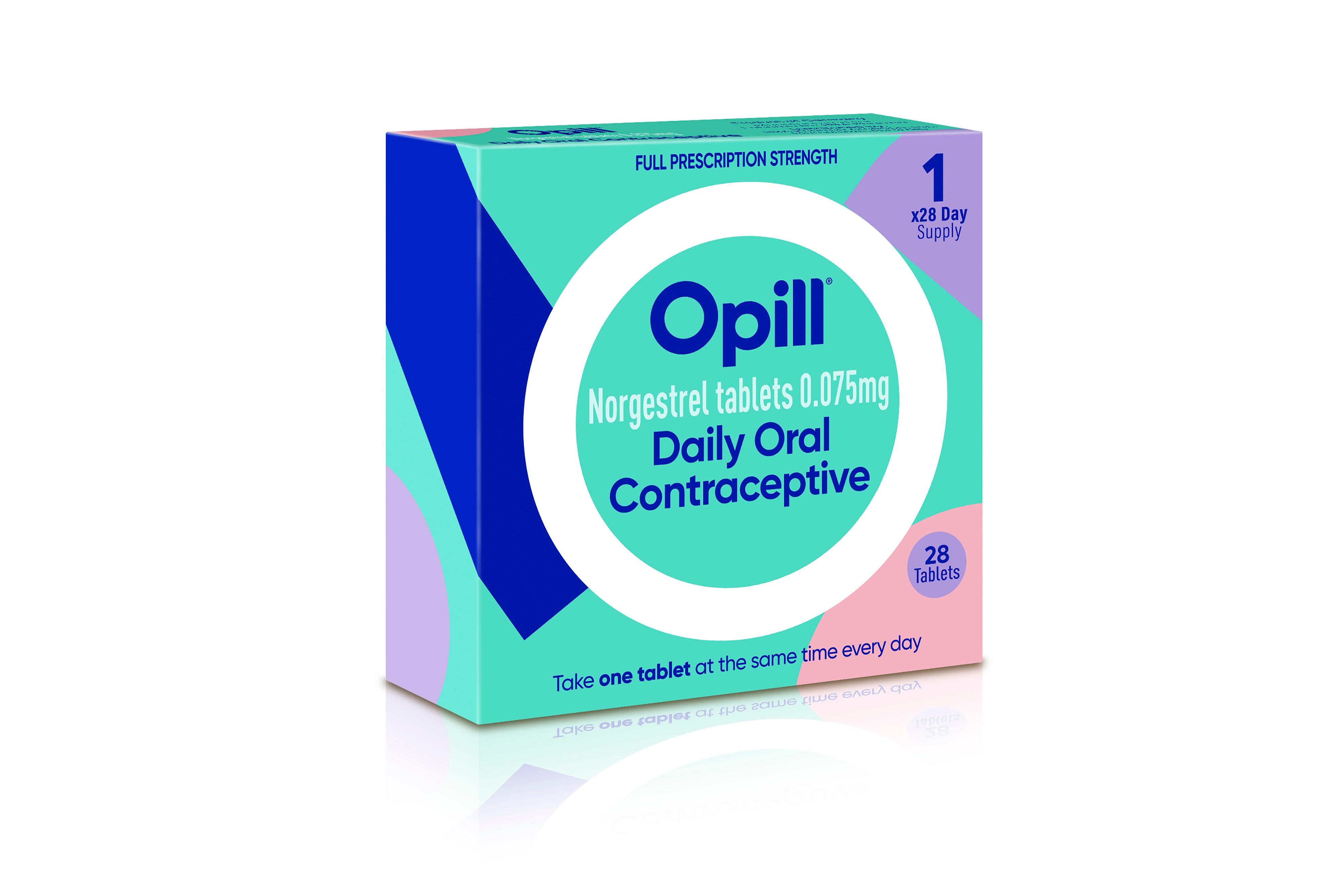FDA panel backs over-the-counter birth control pill
Federal health advisers are recommending that a decades-old birth control pill be sold without a prescription

Your support helps us to tell the story
From reproductive rights to climate change to Big Tech, The Independent is on the ground when the story is developing. Whether it's investigating the financials of Elon Musk's pro-Trump PAC or producing our latest documentary, 'The A Word', which shines a light on the American women fighting for reproductive rights, we know how important it is to parse out the facts from the messaging.
At such a critical moment in US history, we need reporters on the ground. Your donation allows us to keep sending journalists to speak to both sides of the story.
The Independent is trusted by Americans across the entire political spectrum. And unlike many other quality news outlets, we choose not to lock Americans out of our reporting and analysis with paywalls. We believe quality journalism should be available to everyone, paid for by those who can afford it.
Your support makes all the difference.Federal health advisers said Wednesday that a decades-old birth control pill should be sold without a prescription, paving the way for a likely U.S. approval of the first over-the-counter contraceptive medication.
The panel of FDA advisers voted unanimously in favor of drugmaker Perrigo's request to sell its once-a-day medication over the counter. The recommendation came at the close of a two-day meeting focused on company research into whether women could safely and effectively take the pill without professional supervision. A final FDA decision is expected this summer.
If the FDA follows the nonbinding recommendation, Perrigo's drug, Opill, would become the first contraceptive pill to be moved out from behind the pharmacy counter onto store shelves. Currently, a prescription is required in the U.S.
The outside experts said they were confident that women of all ages could use the drug appropriately without seeing a health provider first.
“I do believe this is a viable option to support access and will support the prevention of unintended and unwanted pregnancies,” said Jolie Haun, a researcher with the Department of Veterans Affairs, who voted in favor of the pill.
The positive vote came despite numerous criticisms from FDA scientists about how Perrigo studied the drug, including whether study participants were able to understand and follow labeling instructions.
But the panel largely set those concerns aside, emphasizing the benefits of providing more effective birth control, particularly to young people and lower-income groups, than what's available over the counter now, like condoms and diaphragms.
Most birth control pills used in the U.S. today contain a combination of progestin and estrogen. Opill is part of an older class of contraceptives that only contain progestin. They generally have fewer side effects and health risks but can be less effective if they're not taken around the same time daily.
Nonprescription medicines are usually cheaper, but generally not covered by insurance. Requiring insurers to cover over-the-counter birth control would require a regulatory change by the federal government.
Birth control pills are available without a prescription across much of South America, Asia and Africa.
___
The Associated Press Health and Science Department receives support from the Howard Hughes Medical Institute’s Science and Educational Media Group. The AP is solely responsible for all content.